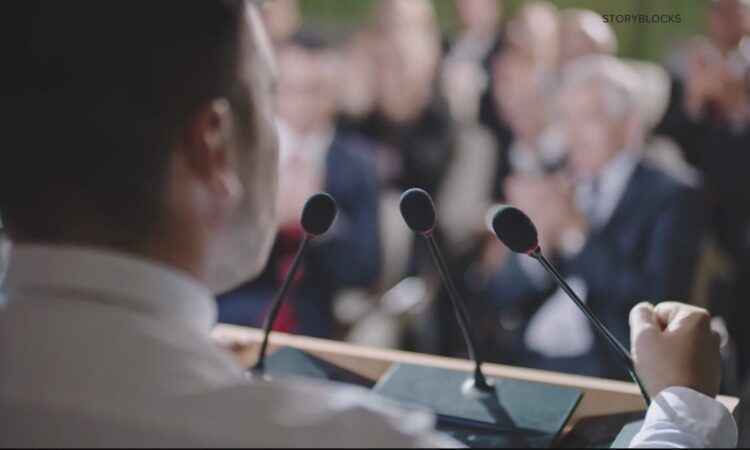
Surplus cash is often given to party committees or kept for future campaigns.
WASHINGTON D.C., DC — The most expensive midterm elections ever are finally coming to a close, and in most of the country, campaign season is over. So where does the money go candidates raised more than they used?
THE QUESTION:
What happens to leftover campaign funds after the election is over?
THE SOURCES:
THE ANSWER:
Leftover money is sometimes given back to donors, but most of the time, it’s repurposed in politically strategic ways.
WHAT WE FOUND:
This isn’t a small issue: according to the Federal Election Commission’s tallies, we’re talking about more than $12 billion raised for federal elections this cycle. The latest estimate suggests that about $7 billion of that total was spent trying to win the election, leaving an estimated $5 billion left over.
That’s a lot of money, and it can end up in many different places.
Candidates can choose to return excess funds to donors—or may even be legally required to return money, like when they accept more money than legally allowed.
Congress established the federal election commission to set standards for how political money can be used, and today, federal campaigns operate under FEC rules.
Those rules allow surplus campaign money to cover many costs associated with campaigning, including some travel, moving expenses, and gifts (of nominal value) for non-family members. So, some of that $5 billion will go toward things like cleaning up campaign offices, taking down signs, and showing appreciation for the hard work of campaign staff.
Campaigns can also donate to charities with excess funds, but only if those charities don’t compensate the candidate for doing so.
Often, excess funds are kept in the political family and used strategically.
One route is to directly donate to another candidate, but those donations are heavily restricted regardless of how much money a candidate has left. “If you have millions of dollars leftover,” Bryner said, “you’re still subject to the limitations on giving to a specific political group.”
Those limitations are severe. The FEC sets a $2,000 limit on donations to other federal candidates and caps candidate donations to Political Action Committees (PACs) and Super PACs at $5,000 per year.
According to Bryner, the majority of campaign funds tend to go toward funding future campaigns. More likely than not, at least some of the leftover money will resurface in 2024.
“I think there are a lot of races this cycle that show indications that people are really looking more toward 2024 than 2022,” said Bryner.
For candidates planning to run again, they can simply transfer their remaining assets to a new committee designated for their future campaign. As long as the candidate has no outstanding debts, such transfers are unlimited. Alternatively, candidates can transfer their assets to a political party committee, which is also not subject to FEC limits.
One thing to note: the FEC explicitly prohibits using money raised for federal campaigns for any cost that would exist “irrespective” of a candidate’s campaign – like paying a mortgage or their child’s tuition. While bad actors can exist, Bryner says that exploiting campaign funds for personal use isn’t as common of an issue as some might think.
“I don’t think that becoming a politician and using political committees to make yourself wealthy is a common path that doesn’t have a detour in jail,” said Bryner. “Politicians have plenty of other methods that they can use to capitalize on their fame, like writing books, that are perfectly legal.”
Candidates can receive a salary from campaign money, but the amount is limited and payments have to stop once they’re no longer considered a candidate.
Localities have their own laws governing leftover campaign money; rules in Washington D.C., Maryland, and Virginia are largely similar to federal guidelines.






